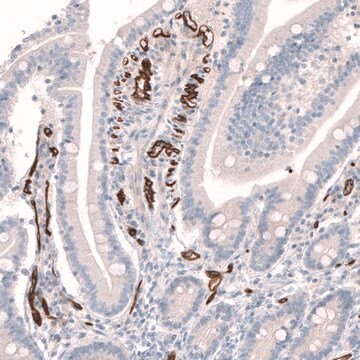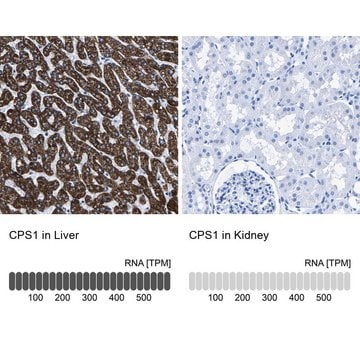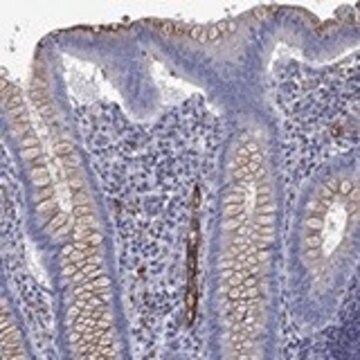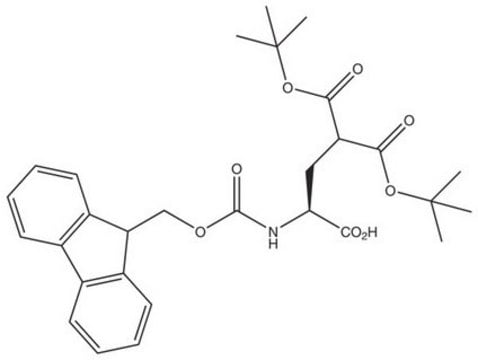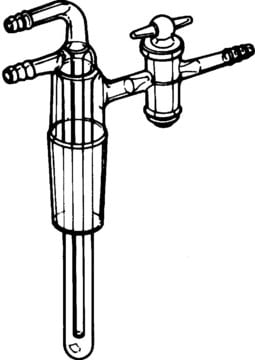MABF2071
Anti-PLVAP Antibody, clone MECA-32
clone MECA-32, from rat
Sinónimos:
Plasmalemma vesicle-associated protein, MECA-32 antigen, Plasmalemma vesicle protein 1, PV-1
About This Item
Productos recomendados
biological source
rat
Quality Level
antibody form
purified immunoglobulin
antibody product type
primary antibodies
clone
MECA-32, monoclonal
species reactivity
mouse
species reactivity (predicted by homology)
human (based on 100% sequence homology)
packaging
antibody small pack of 25 μg
technique(s)
immunohistochemistry: suitable (paraffin)
immunoprecipitation (IP): suitable
western blot: suitable
isotype
IgG2aκ
NCBI accession no.
UniProt accession no.
target post-translational modification
unmodified
Gene Information
human ... PLVAP(83483)
mouse ... Plvap(84094)
General description
Specificity
Immunogen
Application
Immunohistochemistry Analysis: A representative lot detected PLVAP in Immunohistochemistry applications (Kopp, H.G., et. al. (2005). Blood. 106(2):505-13).
Immunohistochemistry Analysis: A 1:50 dilution from a representative lot detected PLVAP in mouse liver tissue.
Immunoprecipitation Analysis: A representative lot detected PLVAP in Immunoprecipitation applications (Hallmann, R., et. al. (1995). Dev Dyn. 202(4):325-32).
Western Blotting Analysis: A representative lot detected PLVAP in Western Blotting applications (Hallmann, R., et. al. (1995). Dev Dyn. 202(4):325-32).
Inflammation & Immunology
Quality
Western Blotting Analysis: 1 µg/mL of this antibody detected PLVAP in mouse kidney tissue lysate.
Target description
Physical form
Storage and Stability
Other Notes
Disclaimer
¿No encuentra el producto adecuado?
Pruebe nuestro Herramienta de selección de productos.
Certificados de análisis (COA)
Busque Certificados de análisis (COA) introduciendo el número de lote del producto. Los números de lote se encuentran en la etiqueta del producto después de las palabras «Lot» o «Batch»
¿Ya tiene este producto?
Encuentre la documentación para los productos que ha comprado recientemente en la Biblioteca de documentos.
Nuestro equipo de científicos tiene experiencia en todas las áreas de investigación: Ciencias de la vida, Ciencia de los materiales, Síntesis química, Cromatografía, Analítica y muchas otras.
Póngase en contacto con el Servicio técnico